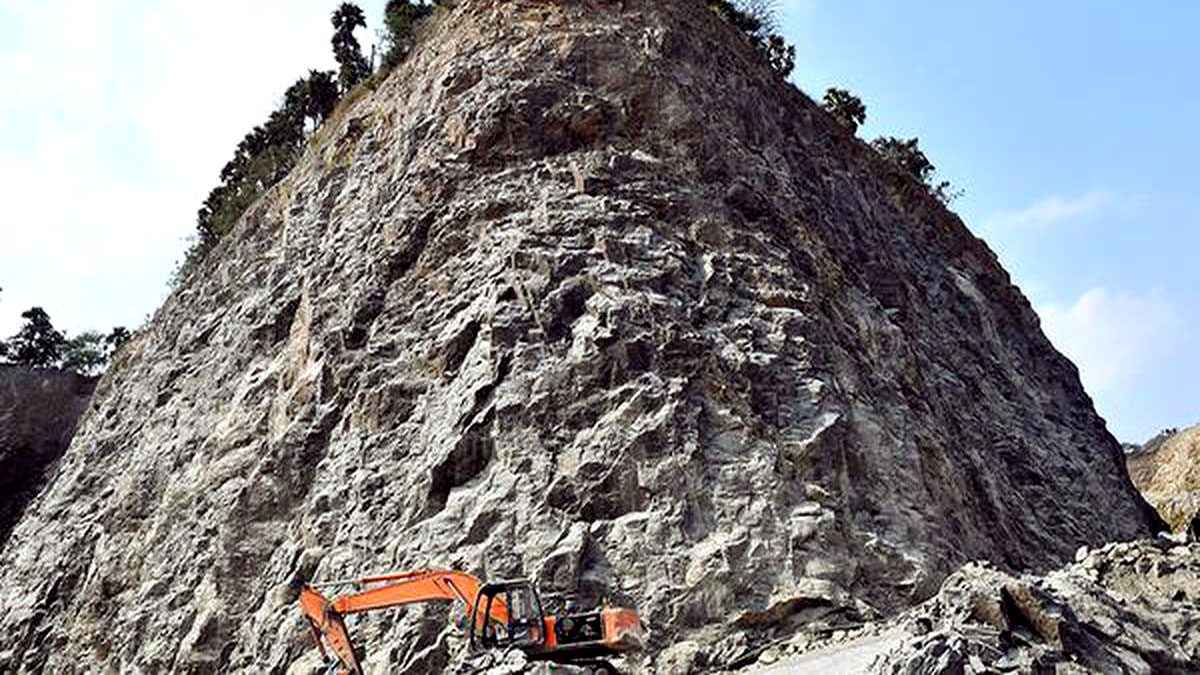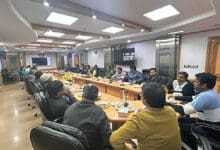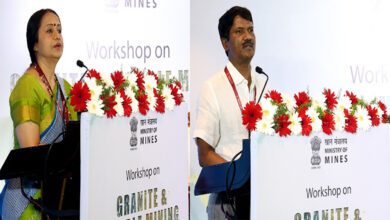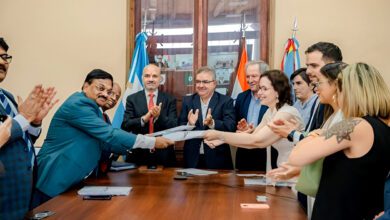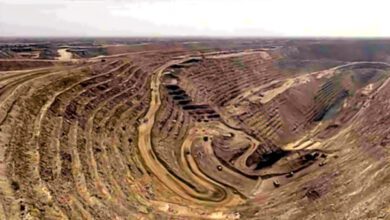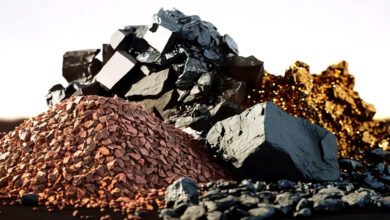In a significant move towards reducing dependence on imports and achieving self-reliance, the Indian government has initiated several measures to boost domestic exploration and mining of critical minerals such as lithium, nickel, copper, and cobalt. These minerals are essential for various industries, including space, electronics, communications, and renewable energy, making their availability crucial for India’s economic growth and net-zero emission commitments.
According to data from the Department of Commerce, India’s import reliance on critical minerals was alarmingly high in 2022-23, with 100% reliance on cobalt, lithium, and nickel, and 93% reliance on copper ore and concentrates. However, recent developments by the Ministry of Mines are set to change this scenario.
One of the key proposals put forth by the Ministry of Mines is to amend the Mines and Minerals (Development and Regulation) Act, 1957, to introduce exploration licenses for deep-seated and critical minerals. The proposed 7th schedule of the MMDR Act will include minerals like gold, silver, copper, zinc, lead, nickel, cobalt, platinum group minerals, diamonds, among others. The new exploration license, granted through auctions, will allow licensees to undertake reconnaissance and prospecting operations for these crucial minerals. Following exploration, the blocks will be auctioned for mining leases, and the exploration agency will receive a share in the auction premium payable by the mining lease holder. This move aims to encourage private sector participation in the exploration of critical minerals.
Another significant step taken by the Ministry is to omit certain minerals, including lithium-bearing minerals, from the list of atomic minerals specified in Part-B of the First Schedule to the Act. As a result, the exploration and mining of these minerals, which find applications in electric batteries, energy sector, electronics, and space industry, will now be open to private sector involvement. This move is expected to unlock substantial opportunities for the private sector and lead to increased exploration and mining activities.
In line with its focus on deep-seated and critical minerals, the Ministry of Mines has also released a list of 30 minerals deemed critical to the country’s development. The Geological Survey of India (GSI) has significantly shifted its focus towards exploring these minerals, with 123 projects undertaken in the previous field season (FS 2022-23), and another 122 projects planned for the current field season (2023-24).
To ensure transparency and gather feedback from various stakeholders, the Ministry of Mines has invited comments and suggestions from the general public, state governments, union territories, mining industry stakeholders, and industry associations on the methodology for the calculation of Average Sale Price and Value of Estimated Resources of lithium blocks to be auctioned.


